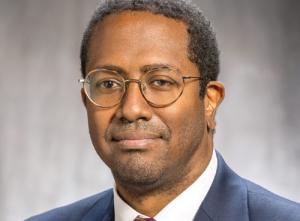Enacting CLCPA Equitably
Rory Christian is Chair of the New York Public Service Commission and CEO of the New York Department of Public Service.
The New York State Public Service Commission has long worked to ensure reliable, safe, and affordable service. With the passage of the Climate Leadership and Community Protection Act (CLCPA), our mandate includes the need to equitably reduce economy-wide greenhouse gas emissions forty percent by 2030 and no less than eighty-five percent by 2050 from 1990 levels.

Integrating equitable outcomes as a central driver of our efforts was a conscious choice borne from a recognition that many past actions to develop energy infrastructure in use today didn't prioritize equity and the resulting environmental impacts on communities.
Many communities were disproportionately burdened as a result, and the residents of those communities often didn't share in the resulting benefits to the same degree as others. By integrating the need for equitable outcomes as a priority in decision making, we can avoid the mistakes of the past, while laying the foundation for a cleaner, more reliable, and resilient future.
Though our current goals are relatively new, the effort to advance New York toward a cleaner energy future has a long history. In the wake of the Public Utility Regulatory Policies Act of 1978 (PURPA), New York took action to deregulate its power sector by moving away from vertically integrated utilities toward a more competitive marketplace.

